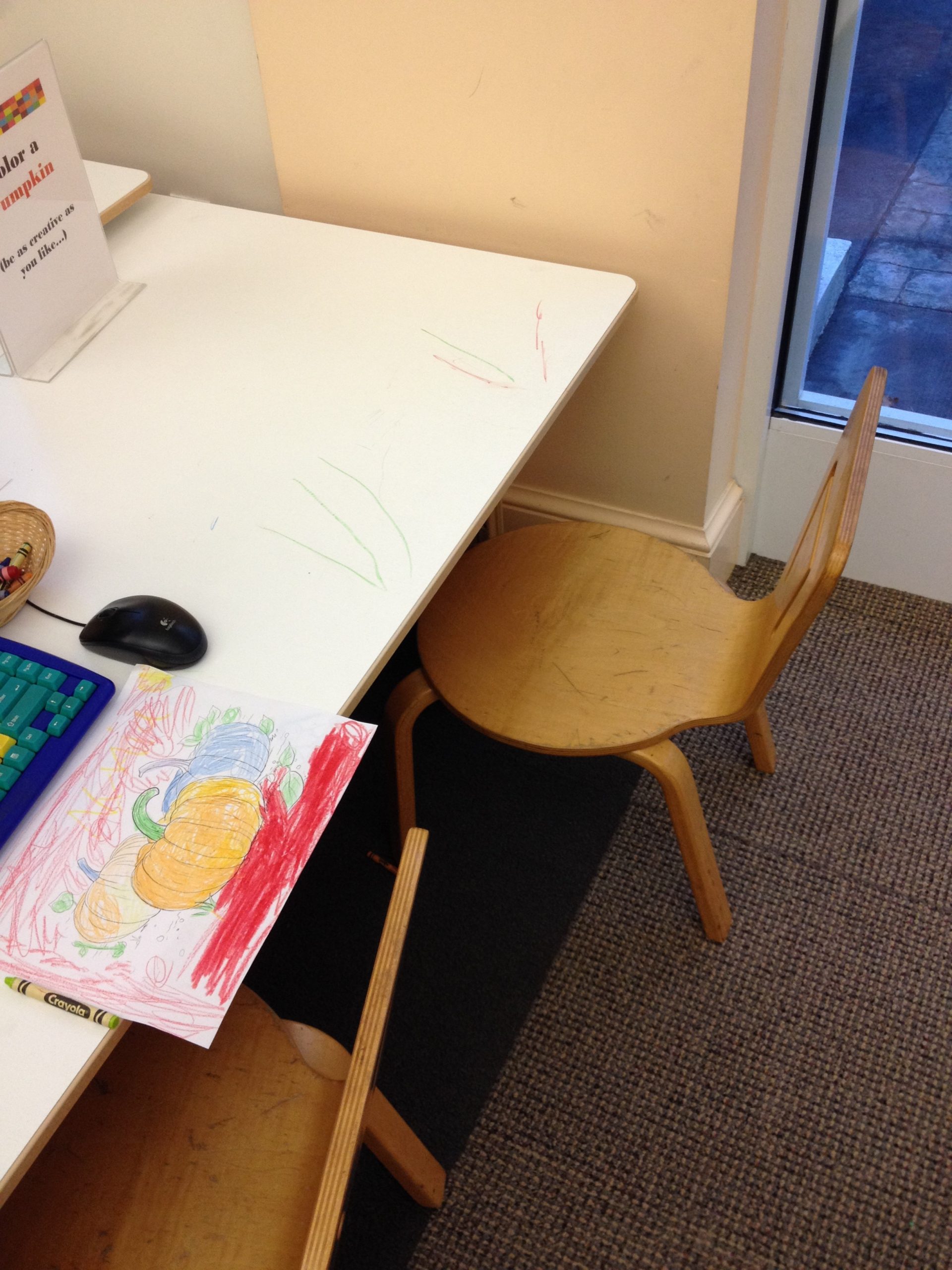Coping skills give students the tools needed to deal with their emotions and stress. Problems with coping do not happen at birth. These skills need to be taught to students. Strong skills with coping make a difference in helping students to be successful. Various strategies need to be taught early to students.
Coping Skills Need to be Practiced
Students need help in learning to identify and express their feelings. Therefore, schools need to teach the management of emotions so students stay focused on learning. Regularly practicing skills help to prevent a student’s stress, anxiety, and behavior.
It’s important to practice coping strategies when students are calm. A bad time to present a new strategy for coping is when students are already anxious, stressed, or display bad behavior. Never introduce new skills in the middle of a meltdown. When introducing coping skills, introduce them one at a time.
Building Coping Skills
First, students need an emotional vocabulary to build coping skills. Thus, they understand how to express their feelings. They also need to know the strength of their feelings. Do not introduce a coping skill that reinforces the bad habit of avoiding work.
Students need to know what triggers their feelings. They must understand what makes them stressed or angry. They need to know when their emotions become unmanageable.
Skills For Learning to Cope
Students without coping skills are likely to misbehave, not complete assignments, or tune out of a lesson. Also, students may turn to unhealthy strategies.
Students who learn good coping skills early in life become well-adjusted adults. They state this in The American Journal of Public Health. Also, students who control their emotions by age five are more likely to go to college and maintain a regular job as an adult. These students were also less likely to have mental issues, use drugs, or be involved in a crime.
Skills help students tolerate, minimize, and deal with situations. When students manage their stress, they feel better physically and psychologically. Managing emotions helps students to perform their best in the classroom.



